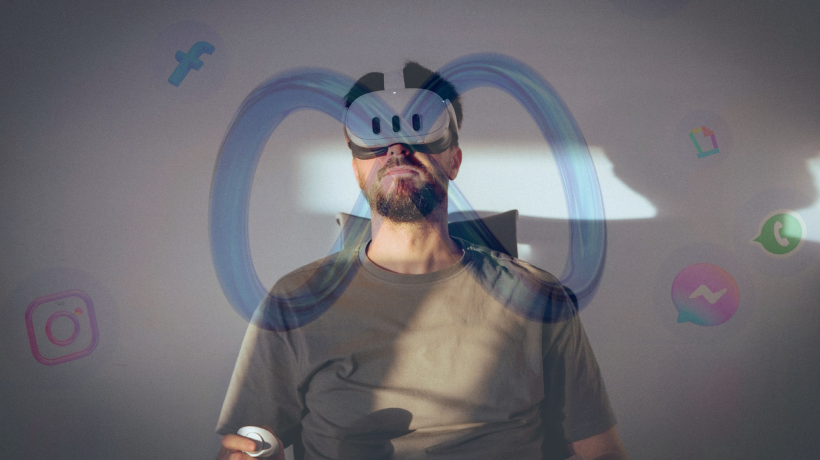Web 4.0 is emerging as a true technological revolution, following the dynamic landscape of Web 3.0 and what happened with social media, AI, and AR. The European Commission envisions an unmatched convergence of immersive tech, IoT, blockchain, and AI.
In all these immersive experiences the physical and digital worlds seamlessly merge into one. So there will be two main action that EU have been planned. By the end of 2023, European Union will promote the guiding principles of virtual worlds proposed by the Citizens' Panel, and by the first quarter of 2024, it aims to distribute a "toolbox for citizens," defining guidelines for navigating virtual realms.
The first significant step in this direction is the "AI Act," a European legislative proposal that categorizes AI applications into three risk categories: Unacceptable risk, High risk, Not high risk The EU AI Act has the potential to become a global standard and is already making strides internationally. For example, in late September 2021, the Brazilian Congress approved a bill creating a legal framework for AI, awaiting approval from the country's Senate. European action could provide a significant boost to this effort.

Ilaria Vanni is a TV journalist for italian broadcasting and coordinator of The Meta Economist portal. She has a philosphy degree and she's now studing the economic and technological issues connected to the new frontiers of the metaverse.





